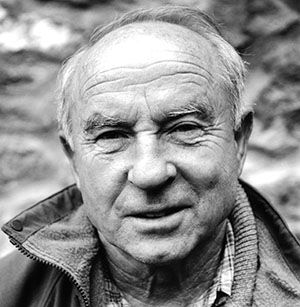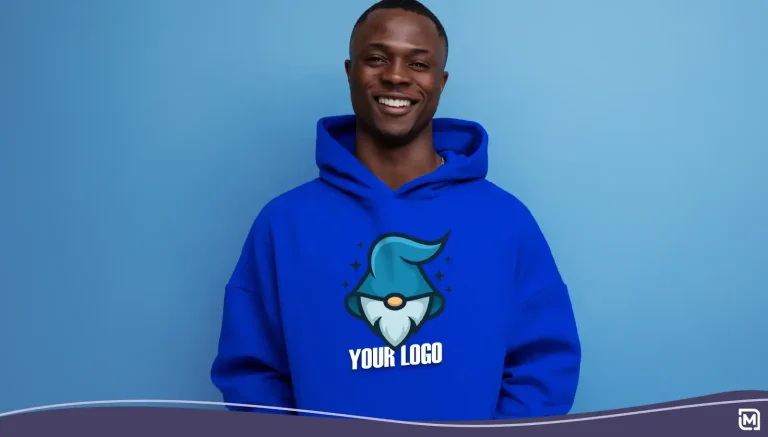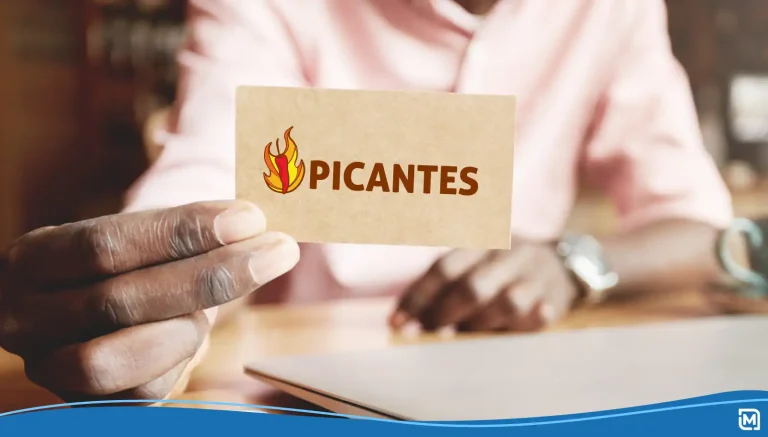 Yvon Chouinard is well known in the worlds of rock climbing and environmentalism, but almost unknown as a savvy and successful businessman (despite being both).
Yvon Chouinard is well known in the worlds of rock climbing and environmentalism, but almost unknown as a savvy and successful businessman (despite being both).
In the early 1970’s, Chouinard learned the art of black smithing in order to design and make climbing tools, which he sold to other climbers from the back of his car. He formed a small business that was responsible for dozens of improvements in climbing gear. Sadly, that first company filed for bankruptcy to protect it from liability lawsuits (it was reborn and lives today as Black Diamond Equipment).
But Chouinard was done. He formed his second small business, Patagonia, after purchasing several rugby shirts on a trip to Scotland, and selling them successfully after returning home. From that small start was born Patagonia, a company famous for its high-quality apparel and climbing gear. Patagonia is also a leader in environmentally friendly business practices, committing 10% of profits to environmental projects around the world.
Over the past 40 years, Chouinard has had a big impact on other small business leaders looking to create companies that succeed while working to protect our natural environment. Here are a few of the things he has said about hiring, profits, and trying new things:
“No young kid growing up dreams of someday becoming a businessman. He wants to be a fireman, a sponsored athlete or a forest ranger… The Lee Iacoccas, Donald Trumps, and Jack Welchs of the business world are heroes to no one except other businessmen with similar values.”
“If you want to understand the entrepreneur, study the juvenile delinquent. The delinquent is saying with his actions, ‘This sucks, I’m going to do my own thing.’”
“I purposely try to hire people who are really self-motivated and good at what they do, and then I just leave them alone.”
“Hiring people with diverse backgrounds brings in a flexibility of thought and openness to new ways of doing things, as opposed to hiring clones from business schools who have been taught a codified way of doing business.”
“The worst managers try to manage behind a desk. The only way to manage is to walk around and talk to people. But I don’t just walk around asking, ‘How are things going?’ I have some specific thing in mind that I want to talk to that person about.”
“Mainly, my job is to be on the outside and bring ideas into the company and forge change. Most people hate change—it’s threatening. I thrive on it.”
“The word ‘adventure’ has just gotten overused. For me, adventure is when everything goes wrong—that’s when the adventure starts.”
“I’m kind of like a samurai. They say if you want to be a samurai, you can’t be afraid of dying, and as soon as you flinch, you get your head cut off. I’m not afraid of losing this business.”
“At Patagonia, making a profit is not the goal because the Zen master would say profits happen ‘when you do everything else right.’”
“The key to confronting and truly solving any problem is to continue to ask enough question to get past all the symptoms and reach the actual cause.”
“Only on the fringes of an ecosystem, those outer rings, do evolution and adaptation occur at a furious pace; the inner center of the system is where the entrenched, nonadapting species die off, doomed to failure by maintaining the status quo. Businesses go through the same cycles.”
“Evil doesn’t have to be an overt act; it can be merely the absence of good. If you have the ability, the resources, and the opportunity to do good and you do nothing, that can be evil.”
“Doing risk sports had taught me another important lesson: never exceed your limits. You push the envelope and you live for those moments when you’re right on the edge, but you don’t go over. You have to be true to yourself; you have to know your strengths and limitations and live within your means. The same is true for a business. The sooner a company tries to be what it is not, the sooner it tries to ‘have it all,’ the sooner it will die.”
“…we don’t produce glossy PR kits or throw elaborate parties at trade shows. We believe the best way to get press is to have something to say.”
“Who are businesses really responsible to? Their customers? Shareholders? Employees? We would argue that it’s none of the above. Fundamentally, businesses are responsible to their resource base. Without a healthy environment there are no shareholders, no employees, no customers and no business.”
—Yvon Chouinard, Founder of Patagonia



